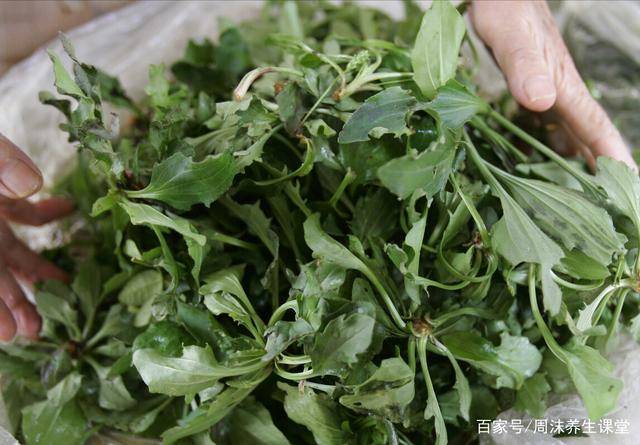In the past impoverished years, wild vegetables were the mainstay for survival, solely to meet the purpose of satiation and sustenance. With the improvement of people’s quality of life, the variety of food has increased, tastes have become more refined, and wild vegetables have become representatives of bittersweet memories. However, with the popularization of healthy eating concepts, coarse grains and wild vegetables, despite their less delightful taste, have rekindled people’s love, re-emerged in the public eye, and become synonymous with enhancing physical fitness and boosting immunity. Does eating wild vegetables really benefit the body without harm? Do you really know which wild vegetables are not suitable for excessive consumption?
What do wild vegetables refer to?
Wild vegetables refer to wild plants consumed by people and coexist with cultivated vegetables but differ significantly in appearance. Because they are natural, unpolluted, and high in nutritional value, they are widely loved. Common wild vegetables include dandelion, noodle vegetable, shepherd’s purse, persicaria, bitter vegetable, bracken, Chinese toon, and water celery, among others.
Effects of eating wild vegetables on the body.
Wild vegetables are rich in dietary fiber, effectively promoting gastrointestinal motility, accelerating the removal of toxins and waste from the body, speeding up metabolism, and having a preventive effect on constipation. Additionally, wild vegetables are rich in vitamins and minerals; when consumed, they can supplement the body with essential nutrients, enhancing immunity. Most importantly, wild vegetables can also be used as medicinal herbs to promote health and disease prevention.
Although there are many benefits to wild vegetables, it doesn’t mean that consuming them in large quantities is always beneficial. Different wild vegetables have their own differences, so when eating wild vegetables, it is advisable to eat them occasionally in moderation. Excess consumption may disrupt the body’s nutrient balance and could even be harmful.
Wild Vegetables to Consume with Caution
1. Water Celery.
When consuming, it is important to differentiate between water celery and wild celery. Water celery is non-toxic, with no hairs on the stem, while wild celery, also known as “poison celery,” has hairs on the stem and grows in damp places. It contains a large amount of toxic substances that can severely damage the human nervous system. Among them, the flowers of wild celery are the most toxic. In cases of ingestion, symptoms like nausea, vomiting, and even numbness in limbs may occur, requiring prompt medical attention.
2. Bracken.
Eating small amounts of bracken can boost immunity, but excessive consumption is not recommended. Bracken contains a substance called ptaquiloside, known to have carcinogenic consequences. Continuous intake of this substance in large amounts can easily lead to diseases like esophageal cancer, posing a threat to life. Therefore, consuming bracken should be done in moderation. Additionally, blanching can help reduce the carcinogenic substances in the vegetable before cooking, decreasing harm to the body.
3. Persicaria.
In daily life, consuming moderate amounts of persicaria can detoxify and clear internal heat. However, since persicaria is a cold-natured vegetable, those with weak spleen and stomach functions may experience gastrointestinal disorders and diarrhea after consumption. Hence, it is not recommended for individuals with cold constitutions or weak gastrointestinal functions.
4. Chinese Toon.
As the season for consuming Chinese toon approaches, many are entranced by its natural fragrance without knowing that overconsumption can lead to dizziness, nausea, vomiting, and even convulsions. This is due to the high nitrite content in Chinese toon. Accumulation of excess nitrites in the body can result in poisoning. Therefore, it is advisable to blanch Chinese toon in boiling water before consumption to remove nitrites.
While wild vegetables are valuable, their diverse range means that the effects of different types of wild vegetables vary significantly. Therefore, it is advisable not to casually forage and consume wild vegetables in daily life. Purchase wild vegetables through safe and legitimate channels. Due to the unique characteristics of wild vegetables, they are not suitable for excessive consumption. Occasionally trying different wild vegetables for their taste is acceptable, but using them as health products will not only fail to achieve the desired effects but may also have adverse effects and harm the body.


